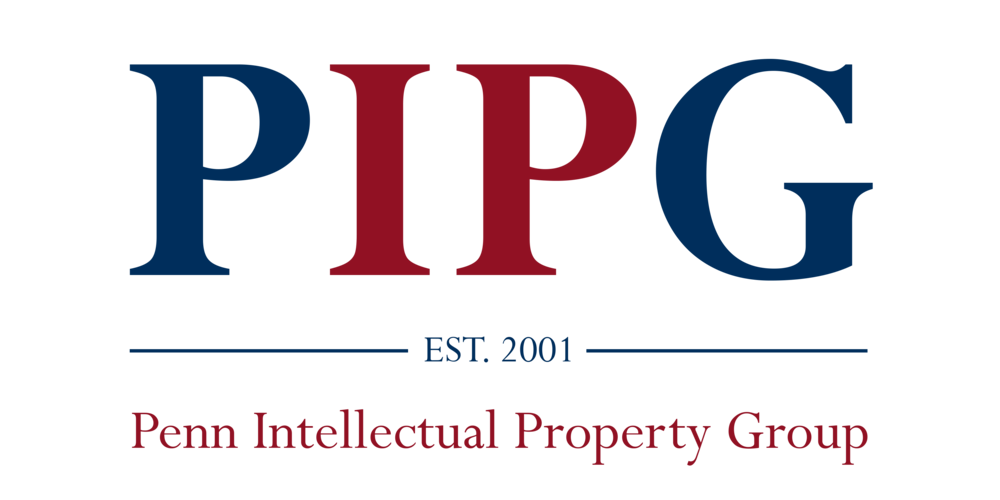By Sophie Roling, L’25
In a few weeks, the Supreme Court will hear the argument for Amgen Inc. v. Sanofi, a case that could change the future of patent law. The case explores the appropriate application of 35 U.S.C. § 112’s enablement requirement, which stipulates that a patent’s disclosure must enable a person with ordinary skill in the art to make and use the claimed invention. Courts have expanded on the §112 requirement, adding that a skilled artisan must be able to make and use the claimed invention without undue experimentation.
The Court of Appeals for the Federal Circuit has employed a “full scope” test for enabling the claimed invention: if the claim is overly broad, and only one working example is disclosed in the specification, the claim might not be sufficiently enabled. At issue in Amgen is the high burden the Federal Circuit’s test poses on pharmaceutical companies to cumulatively identify all possible embodiments of the invention to make genus claims, or claims that cover many compounds by identifying common characteristics.
Amgen is claiming monoclonal antibodies that bind to the PCSK9 protein. These antibodies inhibit PCSK9 from blocking the body’s low-density lipoprotein receptors to regulate cholesterol levels and assist in treating diseases such as diabetes mellitus. The District of Delaware, however, granted Sanofi JMOL for Amgen’s lack of enablement.
Amgen’s genus claim focuses on the functional aspects of how the antibody binds to amino acid residues, rather than the antibody’s structure. The debate over how generic the enablement can be dates back over 100 years to the Incandescent Lamp Patent[KS1] case, in which the Court stated that a patent for a lamp cannot claim something as broad as “all fibrous and textile materials” without properly enabling people skilled in the art to independently construct the lamp from the listed materials. Sanofi analogizes Amgen’s genus claim to the claim in the Incandescent Lamp case, arguing that the PCSK9 claim is similarly too broad in scope.
The issue of what constitutes a proper enablement, Amgen argues, hinges on the difference between qualitative and quantitative experimentation. While the Federal Circuit believes a person of ordinary skill in monoclonal antibodies would use undue experimentation to quantitatively identify all possible embodiments, Amgen believes that the quality of experimentation is what matters. Amgen argues that genus claims will adequately enable a skilled artisan to make and use the invention as long as the patent describes how to determine whether the specimen is in the genus.
Amgen’s position is backed by many large pharmaceutical companies, as the outcome of this decision could affect many patents with functional genus claims. In an amicus brief, GSK argued that genus claims are critical to protecting innovation in the pharmaceutical and biotechnology worlds. The upcoming decision will shed light on the proper standards of patent enablement.
